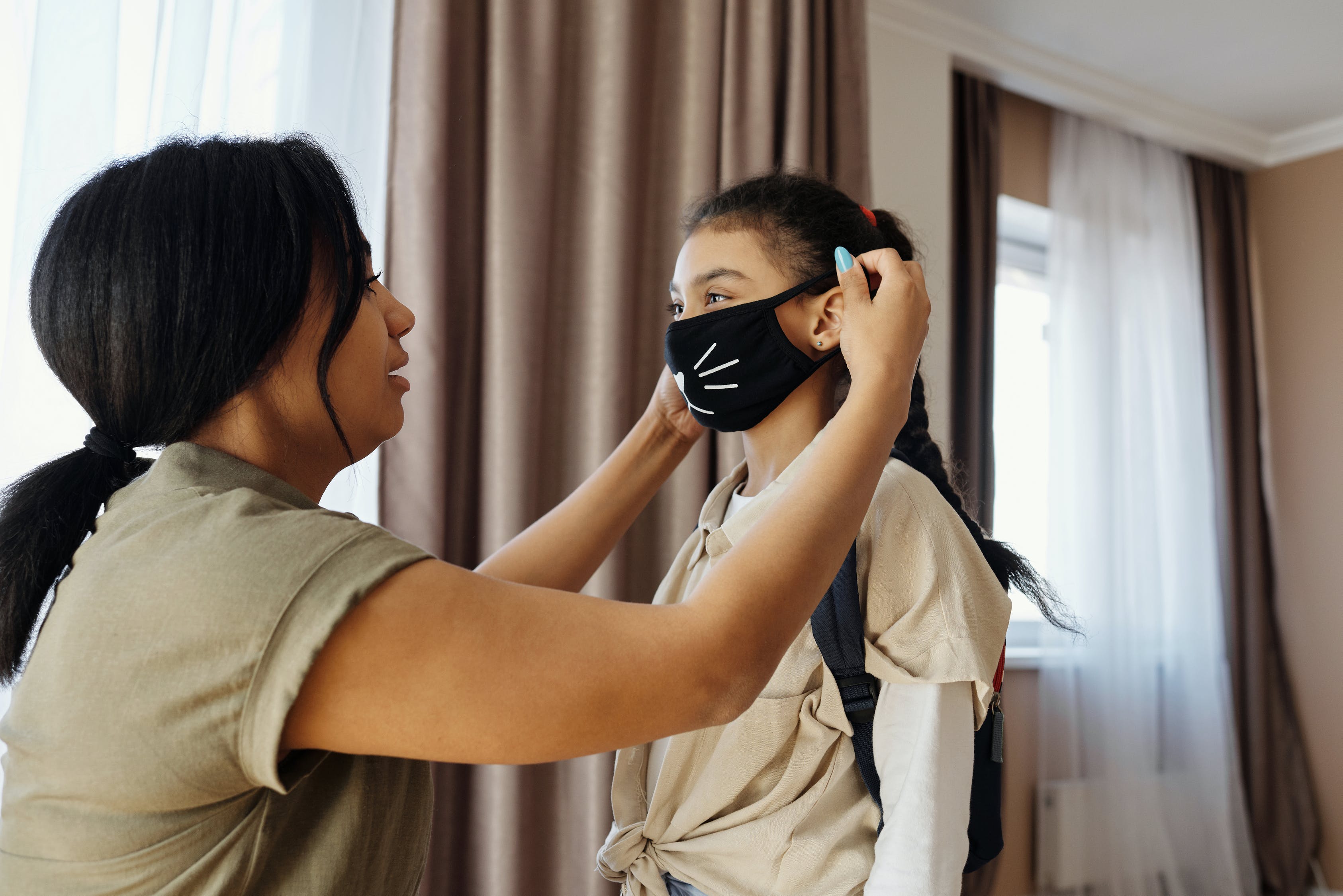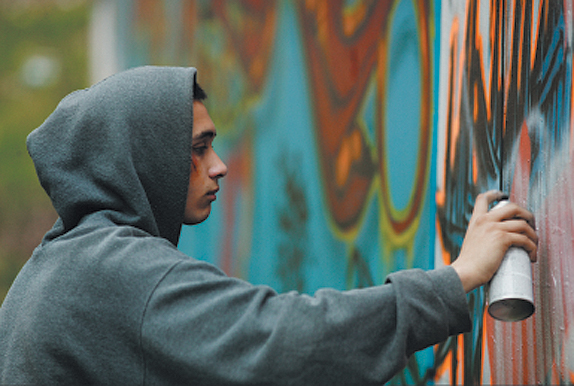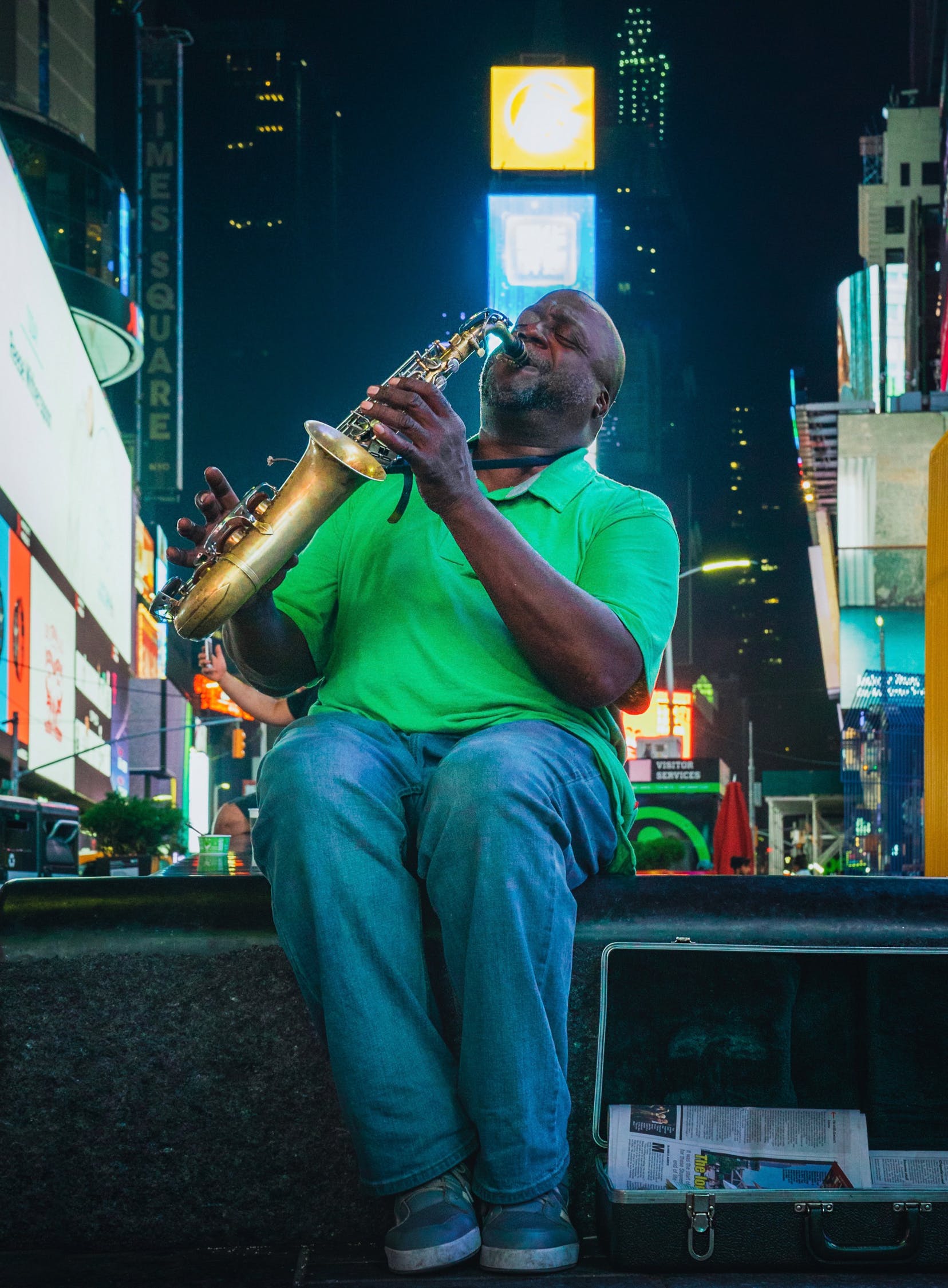
How to Mourn Your Old Normal and Adapt to the New
Deaths from the novel coronavirus COVID-19 have surpassed 110,000 in the United States and mourning the losses of these lives is important. In addition, we are also mourning lost habits and ways of life that are casualties of the coronavirus.Going out with friends, hugging a grandparent, even opening a door in a public place are on hold. Some of these changes were temporary. However, even as states begin to open up, changes in how we interact with each other and the world will likely continue for far longer."We need to grieve the ways of life we have lost," according to William Glover, Ph.D., president of the American Psychoanalytic Association (APsaA)."Mourning is hard work," Sigmund Freud once wrote in his essay, "Mourning and Melancholia.
What makes mourning so hard is having to give up attachments – whether to people or to a way of life – that can’t be replaced. Letting go of what we have lost helps us move on with our lives, although we will always miss the people, places, and things we have lost; in that sense mourning can never be complete.Mourning and grief are an important part of coping with loss and essential in managing changes and accepting new realities. Recognizing that our pre-COVID lives may never return is a loss to be mourned, and the work involved in this mourning can help us move on and into the new reality.
Undoubtedly, there will be new ways to maintain relationships, enjoy life, and participate in activities with family and friends. Meanwhile, being able to tolerate the pain of grief and find meaning helps sustain us in difficult times.The American Psychoanalytic Association has created a resource page for the public and mental health providers with resources to help cope with anxiety and grief during this global pandemic.Visit apsa.org/coronavirus for articles and videos and information on how to find a psychotherapist near you.
Comments (2)









